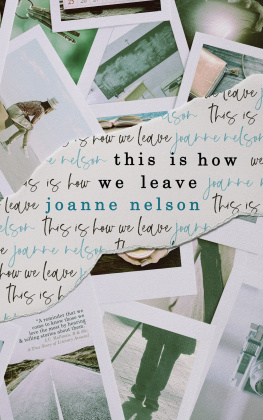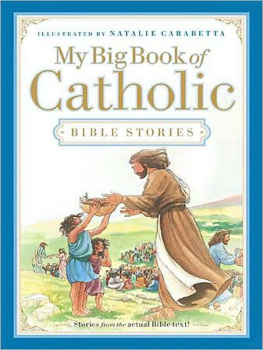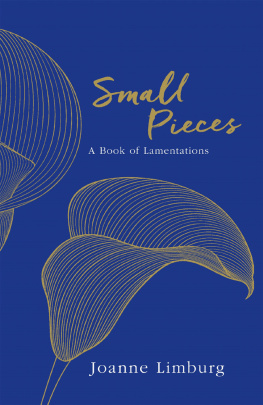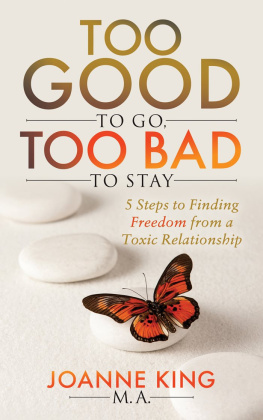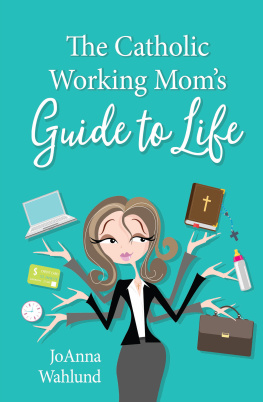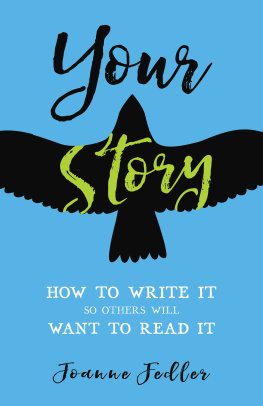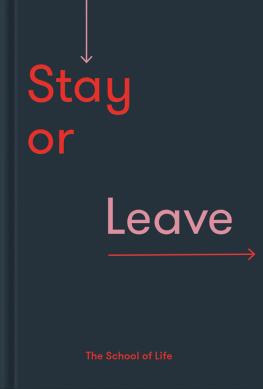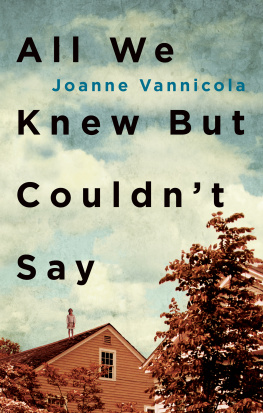this is how
we leave
joanne nelson
Vine Leaves Press
Melbourne, Vic, Australia
For Chris, Alex, and Sam.
The three who matter most.
Authors Note
Many of the names in This Is How We Leave have been changed to afford privacy to those involved. Other than that, this memoir is as true as the vagaries of memory, time, and experience allow. Any mistakes are my own.
In My Office
In my basement office I keep a framed picture of my brothers and me, circa 1967. The three of us stand behind a kitchen table that features a three-tiered birthday cake and Currier & Ives coffee cups centered on matching saucersenough to indicate the presence of grandparents. The coffee looks freshly poured, an equal amount in each cup and no lipstick smudges on the rims. Burnt orange colored Melmac creamer and sugar bowls wait, forks are at the ready, and an ashtray rests just left of center. A black planter with gold filigree hangs on the far wall, and an ivys forever-green leaves loop in tangles above Stevens head, the vines trailing down behind his back. The boys wear plaid shirts, buttoned high, although Bills shirt is only half-tucked in his corduroys. A detail Im surprised my father, with his sharp words and critical eye, let slide. Im dressed in a white turtleneck. The collar is rolled down to prevent that choky feeling, and theres a shadow between the shirt and my neck that emphasizes my pale skin and long features. The sight of my close-cropped pixie cut, hideous in the days of long, folksinger hair, makes me want to reach into the photo, grab the little girls hand, and run away with her.
Bill holds a fishing pole, the new reel silhouetted against the pastel wall. He looks happy. Clearly, this is his scene: the lit candles on the cake in the foreground are way too many for me, and Steven, looking grim, is positioned a shoulder behind Bill. Im tucked in between them, one hand in Bills, the other unseen behind a chair. Steven drapes his arm across me. My size suggests Im about five, which would make Bill fourteen and Steven twelve. We stand close together and take our cues from those on the other side of the table, the adults waiting for just one decent shot without all that goofing around so they can eat before the coffee gets cold or the candles burn down the house.
Despite it being Bills day, I try to claim the moment. My jaw juts forward and my contorted grin shows all my teeth. My eyes are crinkled shut as I lean towards the camera. Im an irritant to the adults, and if I dont knock it off pretty quickly Ill end up crying in my bedroom. Only Bills smile appears true and emanates beyond his face, through his tall body, and into the gift he holds. Soon hell begin staying away from home for longer and longer periods of timeeven the simple present of rod and reel a ticket to somewhere else. Stevens eyes are distant, his mouth a tight frown. His expression reflects either some parental cruelty tossed his way or bad shutter timing; hes already closing his mouth for the final S of cheese, while Bill and I continue enjoying that long E. A metaphor really, Steven was often out of sync with the rest of us.
***
My office desk is littered with various parts of my life: a dusty stack of journals to reread, a renewal reminder from the state of Wisconsin about my social work license, handwritten pages about community classes I hope to teach. A laptop rests at the center of it all and a well-used and comfortably stained coffee warmer takes pride of place a bit to the side.
A whiteboard hangs above the desk. Its covered with computer logins, phone numbers, and papers stuck fast with magnets. Things I shouldnt forget. One scrap is about paying attention. The note has escaped my monthly purging of outdated to-do lists and inspirational quotes for over a year, earning its keep again today by sending me back to that photograph, back to wondering about Stevens arm draped over my shoulder.
Protection, I decide, continuing to want the story to be about menot about a random positioning while Steven waited for the song to be sung and cake served. I realize this only after staring at the image for so long I begin to feel the brown ridges of the vinyl chair against my thumb and hear the cupboard door open as my mother reaches for milk glasses. Maybe he sought comfort in the feel of my thin shoulder, connection with the one person not likely to yell at him. Me as a stabilizing factorforever the baby and a girl to boot, always a blessing after two boys. A foil between our parents and him, that third side of the triangle to shift the focus elsewhere. Me as a shield, the relatives telling my father: You cant be hitting a girl like you do those boys.
I dont want to be the babyeven the photo spells this out. Im pulling away, while Steven tries to hold on. The weight of his arm is heavy on me. And as we grow into our adult lives, Ill join the chorus of voices wanting him to work more, drink less. Our age difference no longer important, our heights nearly the same, Ill encourage all manner of change, using every technique I learned in my social work classes. Yet, hell remain the same sad boy in the picture and Ill forget, for a long time anyway, how much solace is given just by standing next to someone. Then, years down the road, protection no longer possible, Ill give a final gift of comfort when I hold Steven as he takes his loud, terrible last breaths, his long face skeletal, his belly swollen from a broken, alcoholic liver.
***
The shelves next to the office door are jammed with vertically and horizontally stacked books interspersed with mementos: snapshots of my daughters, a crystal jar of paperclips, unlit candles, more framed pictures. All evidence of who I am now. One photograph includes my father, his mother, my brothers, Bills three kids, and me. I stand next to Steven and he rests his arm on our nephews shoulders, his mouth in that same childhood oval, as if he again missed the signal to smile. Steven had yet to meet his third wife; I hadnt had children.
Those bookshelves hold the answer to why Im down here: the manuscripts recounting stories of escape or return and the mementos that tell their own suspended, yet scripted tales. Its the dual perspective of the little girl held close by her brothers in a corner of the kitchen, safe behind glowing candles and of the woman at her desk in a basement officethe soft hum of the dryer in the background, pictures of her family surrounding herwho just wants to tell about it.
If Not for the Mess
After my fathers parents moved from Milwaukee to a mobile home park in Union Grove, Wisconsin, my Grandma Dora permitted chewing tobacco only at the kitchen table or outside on their trailers patio. My Grandpa Eli didnt often mess with her rules and appreciated the leniency allowed outdoors. Grandpa Elis gob-spattered Folgerss coffee can remained under his lawn chair for days without getting emptied, and he could spit in the grass if he wantedthe brown stream arcing away through the space between his front teethprovided that no neighbors were around. As much as I enjoyed spitting Kool-Aid on the lawn through my own wide-spaced teeth or playing outdoors with Grandpa Eli, I liked it best when we stayed inside. Just the three of us.
Indoors we followed the same pattern day after day: bacon for breakfast, chores, and letter writing afterwards. During lunch we watched the News at Noon , with careful attention paid to the Dialing for Dollars game at the end of the newscast. Once sure we hadnt won, Grandpa Eli got up, shut off the TV, returned to the table, and brought the tin of Copenhagen snuff out of his pocket. He packed the red and gold box by flipping it over and over between his thumb and third finger while snapping the side of the can with his index finger. If the package was new, he cut around the edge of the cardboard container and loosened the leaves with his jack knife. A fresh, damp smell rose as he moved the knife around, different from the pungent smell of cigarettes at my other grandparents home. Next he pinched off a measure of the finely ground, moist tobacco and placed it carefully between his bottom lip and gum, using a finger to dust off any flakes remaining on his face.
Next page
